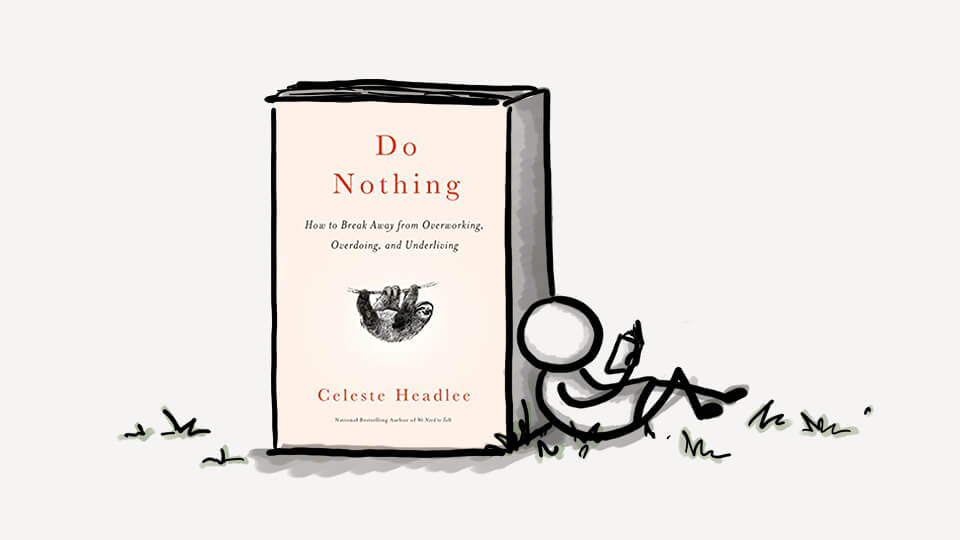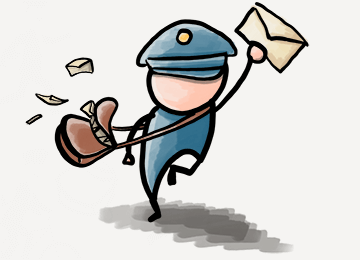First of all, this book isn’t about what it says it is. Second, it somehow proved a highly engaging read anyway. And it inspired a month of self-experimentation, so all in all, I think you should give it a read.
I found Do Nothing, while just-browsing in my favorite Berlin bookstore. I ended up settling for a kindle version (I have a habit of highlighting and taking notes when reading non-fiction), but it was the blurb on the back cover that caught my attention:
We work feverishly to make ourselves happy. So why are we so miserable? This manifesto helps us break free of our unhealthy devotion to efficiency and shows us how to reclaim our time and humanity with a little more leisure.
Huh. Sounds about right, doesn’t it?
It sure resonated with me. Besides, I am a sucker for good self-help books, always visiting that section of the bookstore, digging for nuggets of understanding. Show me anything that can help me make sense of it all, or at least sense of me—books like Atomic Habits by James Clear, or Deep Work by Cal Newport, or Flow by Mihaly Csikszentmihalyi—and I am hooked.
We’re living in the age of information. So much of it, it became stripped of all meaning and became merely data. It scrolls in front of our eyes in the form of messages, advertising, notifications, reminders, emails, and pop-ups. The economy of the 21st-century feeds off our attention the same way the 20th-century economy fed off natural resources and cheap labor. We try to keep up by obsessing about productivity and speed, but it makes us lose sight of the bigger picture. And it’s bound to have a price.
Do Nothing explores that price. The book is part history lesson, part manifesto. A book that shows us how we arrived at today’s highly optimized, productivity and life-hack obsessed society. How we bought into the illusion that by doing more, by doing faster, we can have more, achieve more, and be happier. It’s all nonsense, of course. Take a step back and look around you. Everyone works hard. Everyone feels they’re working harder than the average person. And yet, our most important goals stay forever out of reach. Why?
Because without giving ourselves the time to recover, play, rest, and socialize, we remain in a state of constant burnout. And we’re doing it because everyone else is doing it too. It’s a cultural thing.
But can you really achieve more in twelve hours than you can in eight? Can you do more in eight than you could in six? Or five?
Can you function properly without giving yourself a break?
Well, if any of that resonates, you should pick up Celeste Headlee’s book. Do Nothing comes with a manual on how to disentangle yourself from that mess and live a more fulfilling life.
If you enjoyed this article, share it with someone you know and consider supporting me on Patreon. I wouldn’t be where I am today without your contributions. Thank you!

